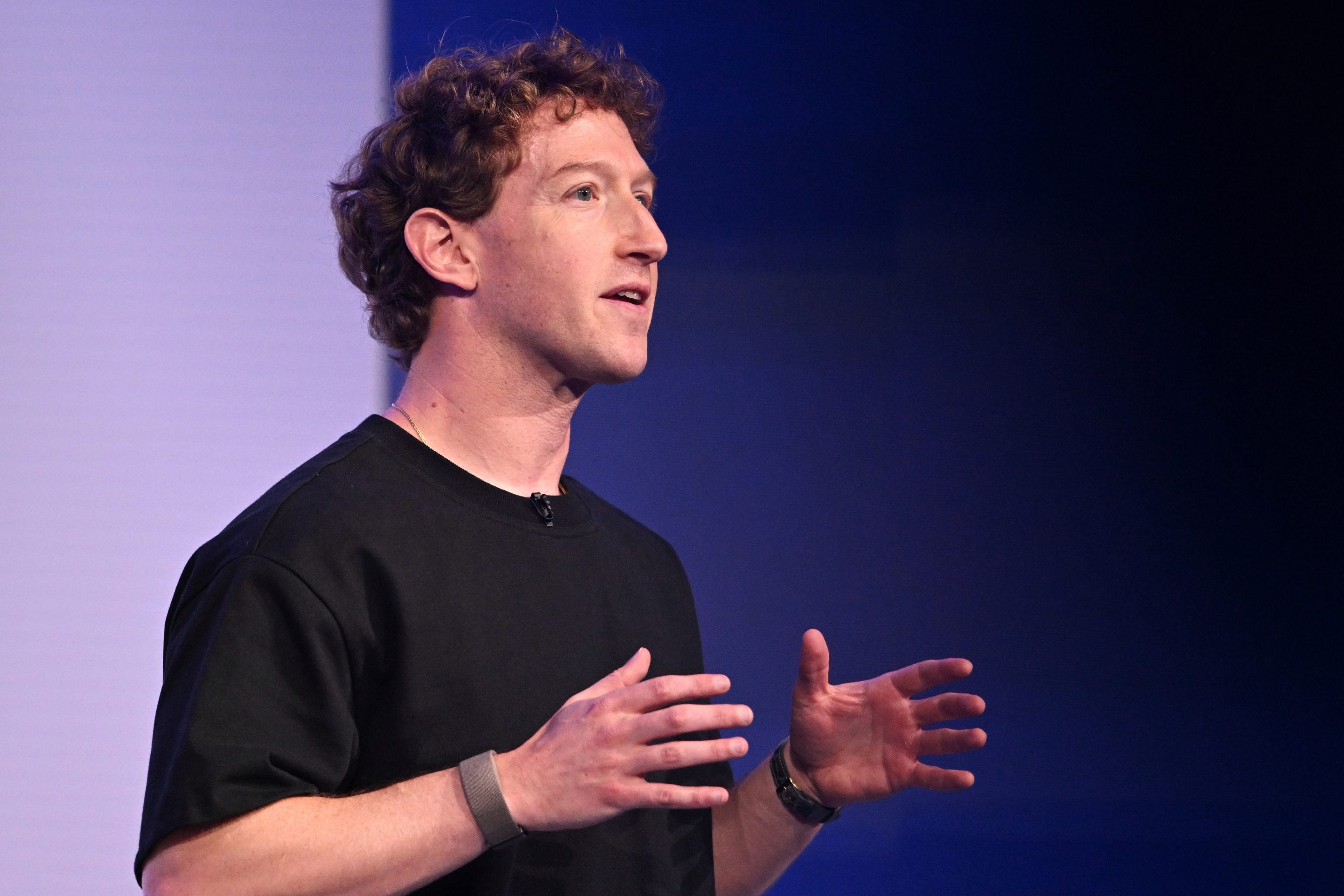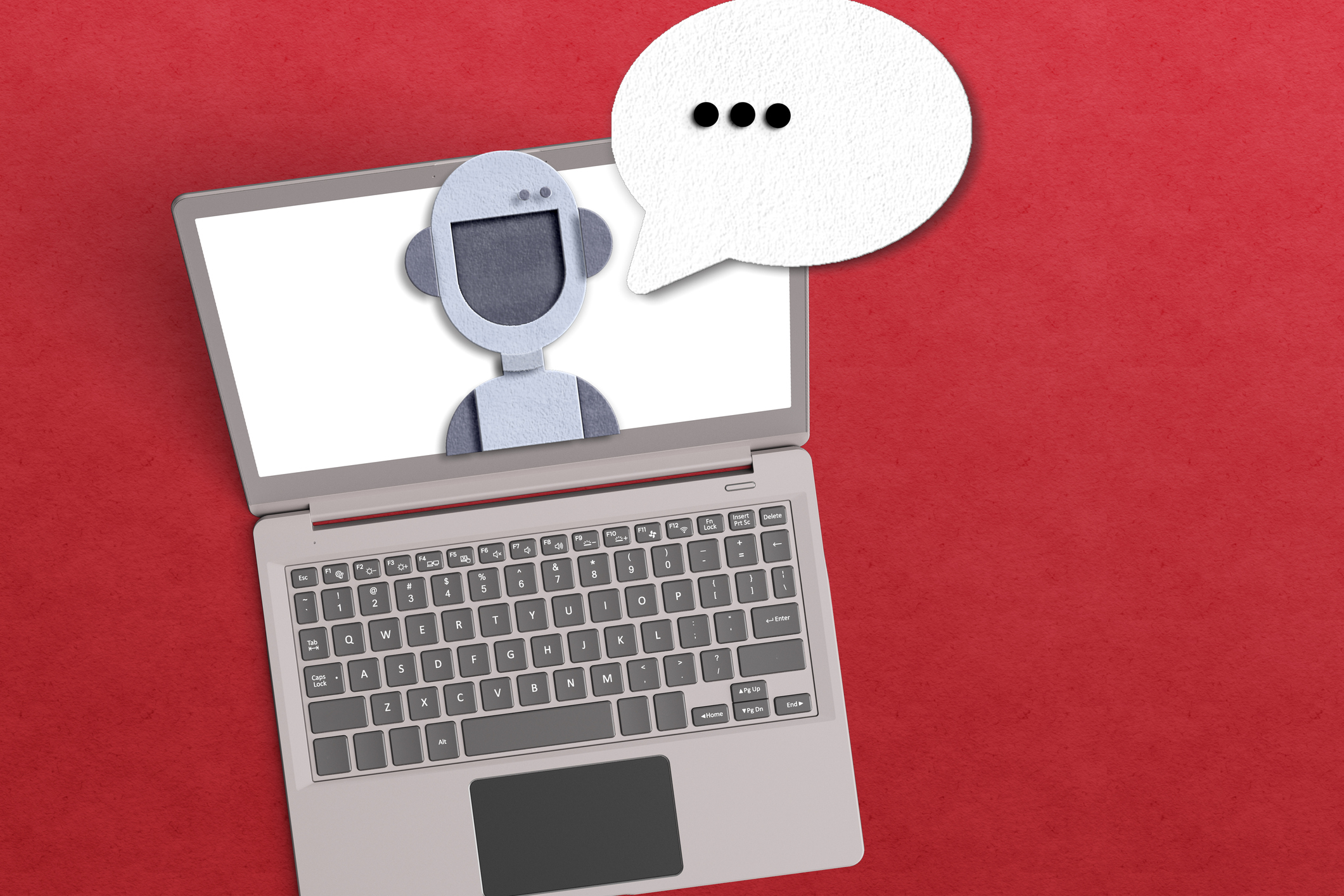Sunday, March 23, 2025 | 2 a.m.
Five years ago, a mysterious illness surfaced in Wuhan, China, and quickly spread around the globe, forcing lockdowns, overwhelming hospitals and claiming millions of lives.
The World Health Organization (WHO) declared COVID-19 a pandemic March 11, 2020 — the first global pandemic since HIV/AIDS almost 40 year earlier. That same night, the NBA season was suspended after a player on the Utah Jazz tested positive. Six days later, hotels, casinos, restaurants and other businesses along the Las Vegas Strip closed their doors for what would become a painful 78 days.
Cities around the world began to fall silent as businesses shuttered, schools closed and life as we knew it came to a grinding halt.
What followed was a tragedy of unprecedented scale. More than a million Americans lost their lives. Millions more have seen their lives turned upside down by chronic and debilitating symptoms known as long COVID. The global economy reeled. And the negative impacts of distance learning on a generation of children are still coming into focus.
But amid the devastation, there was also extraordinary heroism as doctors, nurses, scientists and everyday citizens stepped up to protect their communities. Vaccines were developed in record time. Science, when given the resources and support it needed, delivered hope.
Now, five years later, what have we learned? Are we better prepared for the next pandemic? Scientists warn that a future pandemic is inevitable. Yet, alarmingly, rather than strengthening our defenses, the U.S. is in the process of dismantling them. Critical institutions that helped battle COVID-19 are under attack, funding for medical research is being slashed, public health agencies are being politicized and global health initiatives that help detect and contain outbreaks before they reach our shores are being gutted.
The early days of COVID-19 were defined by denial and delay. When reports of a respiratory illness in China first emerged in late 2019, Beijing downplayed its severity. By the time the world realized the gravity of the situation, it was too late. Initial attempts to contain the virus, including travel restrictions and airport screenings, proved futile. The virus had already spread undetected.
Governments responded with sweeping lockdowns, school closures and business restrictions. Some of these measures were necessary to slow the spread, but others, such as closing parks and beaches, were inconsistent and counterproductive. The shift to online learning kept students safe in the short term but had long-term consequences for mental health and academic progress that we have yet to fully grapple with. Many small businesses — businesses that could have operated safely with voluntary capacity restrictions, as they rarely saw more than a few customers at a time anyway — never recovered. In hindsight, a more nuanced approach that balanced public health with economic stability could have lessened the damage.
Despite these mistakes, the COVID pandemic was not without its successes, including the rapid development of vaccines. Operation Warp Speed, a collaboration between the public and private sectors, delivered a medical breakthrough in record time. By mid-2021, vaccines were widely available, saving millions of lives. But even this achievement was undermined by politics. Misinformation, partisan bickering and a growing distrust in public health institutions slowed vaccine uptake and cost lives.
Despite the staggering losses of COVID-19, the U.S. is now less prepared for the next pandemic. Moreover, we are already repeating the same early mistakes of COVID-19 by downplaying the scope and scale of health care and pandemic response infrastructure being dismantled under the Trump administration and denying the risks associated with a future pandemic.
A significant portion of the public remains skeptical of long-established public health measures like vaccines, a skepticism fueled by political leaders like Robert F. Kennedy Jr., who frame science as an adversary rather than an ally. The consequences of these reckless policies are already visible. Right now, in west Texas and New Mexico, an entirely preventable measles outbreak has killed children whose parents were swayed by anti-vaccine rhetoric.
Simultaneously, some of the very institutions that helped us combat COVID-19 are facing deep cuts.
The U.S. Agency for International Development (USAID) has been all but eliminated. USAID is best known for providing health care and humanitarian aid to impoverished nations, but it also serves as the first line of defense against global pandemics. Its programs help detect emerging health threats in developing countries and contain those outbreaks before they spread to the U.S. and other Western nations. Cutting USAID’s funding is short-sighted and dangerous. Weakening global health surveillance leaves America more vulnerable, not less.
At home, the National Institutes of Health (NIH), which played a crucial role in vaccine development and medical research, is under threat. The Trump administration has proposed slashing $4 billion from NIH research grants — funds that support essential scientific work at universities and hospitals. These cuts won’t just hinder pandemic preparedness; they will stifle research into cancer, Alzheimer’s and countless other diseases.
COVID-19 proved that science and preparation save lives. Yet rather than strengthening our public health infrastructure, we are tearing it down. Instead of investing in research, we are cutting it. Instead of bolstering global health security, we are abandoning it.
It does not have to be this way. We can rebuild trust in science, but only if we have leadership that prioritizes pandemic preparedness over political expediency. We should be investing in medical research, not defunding it. Public health is not a partisan issue, it is a matter of national security and protecting American lives.
Five years after the world shut down, we should be asking one critical question: When the next pandemic arrives, will we be ready? Right now, the answer is troublingly uncertain. But it is not too late to change course.
.png)








 English (US) ·
English (US) ·